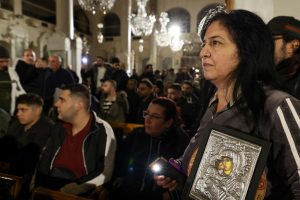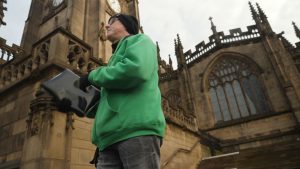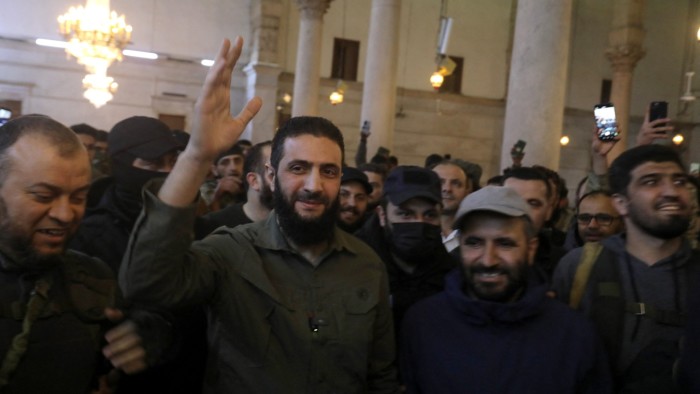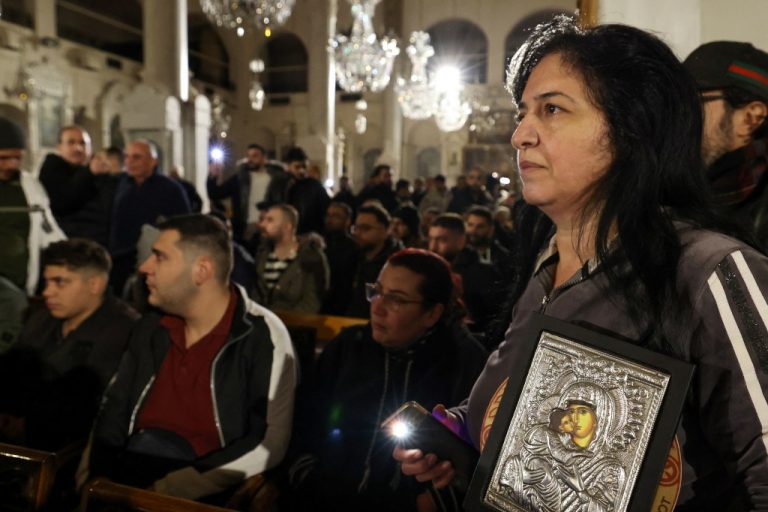Unlock the Editor’s Digest for free
Roula Khalaf, Editor of the FT, selects her favourite stories in this weekly newsletter.
The rebel leader who toppled Bashar al-Assad in Syria has pledged to pursue “war criminals” of the ousted regime as it seeks to consolidate its control of the country.
“We will not hesitate in holding to account the criminals, murderers, and army and security officers involved in torture of the Syrian people,” said Abu Mohammad al-Jolani, the leader of one-time al-Qaeda affiliate Hayat Tahrir al-Sham, in a statement published on rebel-run social media channels on Tuesday.
“We will pursue war criminals and demand them from the countries to which they have fled,” he added. Assad in recent days has left to Moscow, which backed him in the country’s 13-year civil war.
HTS is seeking to shore up its control of Syria amid fears the change of regime in Damascus could fuel regional instability. The group has issued a general amnesty for conscripted members of the Assad military. State bodies have ordered a resumption of public services and activity in the economically vital oil sector.
Intense bombardment of Damascus continued in the early hours of Tuesday, with smoke seen rising over the capital at sunrise. Israel has conducted air strikes targeting suspected chemical weapons sites in an effort to destroy the Assad regime’s capabilities before they fall into rebel hands, Israel’s foreign minister Gideon Sa’ar said on Monday.
As Assad’s army melted away over the past two weeks, fighters and Syrian civilians opened his regime’s notorious prisons, releasing captives including political prisoners who had been incarcerated for decades and revealing further evidence of torture dungeons.
In a sign that rebels suspect not all these jails have been found, they have called on the public to provide information on “secret prisons”. Jolani also said his administration would publish a list of regime officials complicit in torture, and that rewards would be offered for information about senior army and security figures “involved in war crimes”.
The leader of HTS, which spearheaded the regime’s overthrow, reiterated a pardon for military conscripts.
Opposition groups have opened so-called settlement centres at which they have asked regime members to present themselves.
The rebels have appeared eager for a smooth transfer of power, seeking to retain Syria’s state institutions and calling on civil servants to return to work. They have also attempted to curb looting and protect national property.
As part of this attempt at an orderly handover, Assad’s prime minister, Mohamad Ghazi al-Jalali, on Monday sat down with Jolani and members of his Syrian Salvation Government, which previously ruled the north-west pocket of Idlib.
But after a half-century of brutal rule by the Assad dynasty, including 13 years of bitter civil war, many Syrians are determined that their oppressors be served justice.
International courts have also pursued regime figures. A Paris court in 2020 sentenced Bashar al-Assad’s uncle, Rifaat al-Assad, to four years in jail over money laundering and tax fraud. Germany in the same year launched a war crimes case against a former Syrian colonel.


























+ There are no comments
Add yours